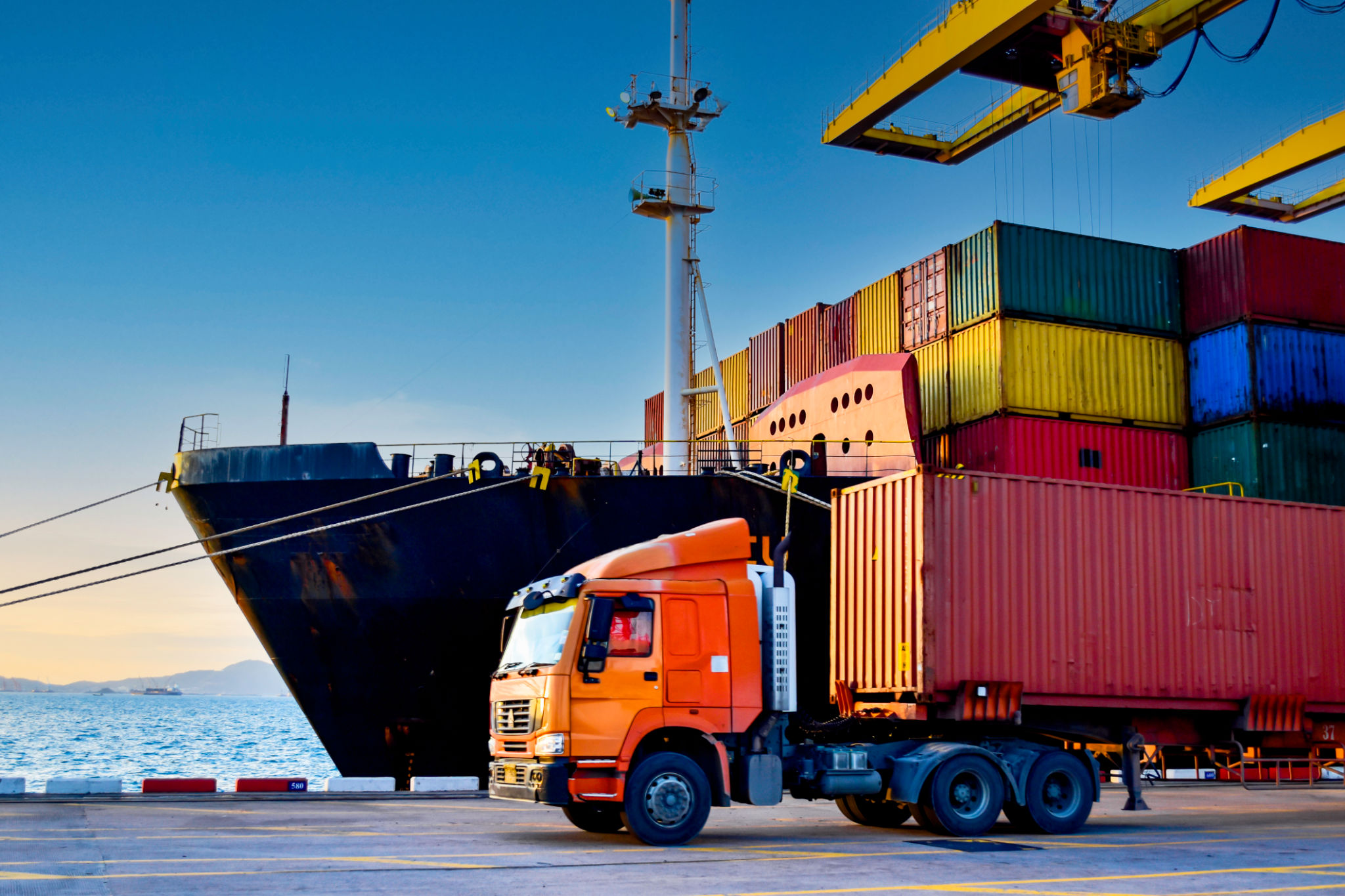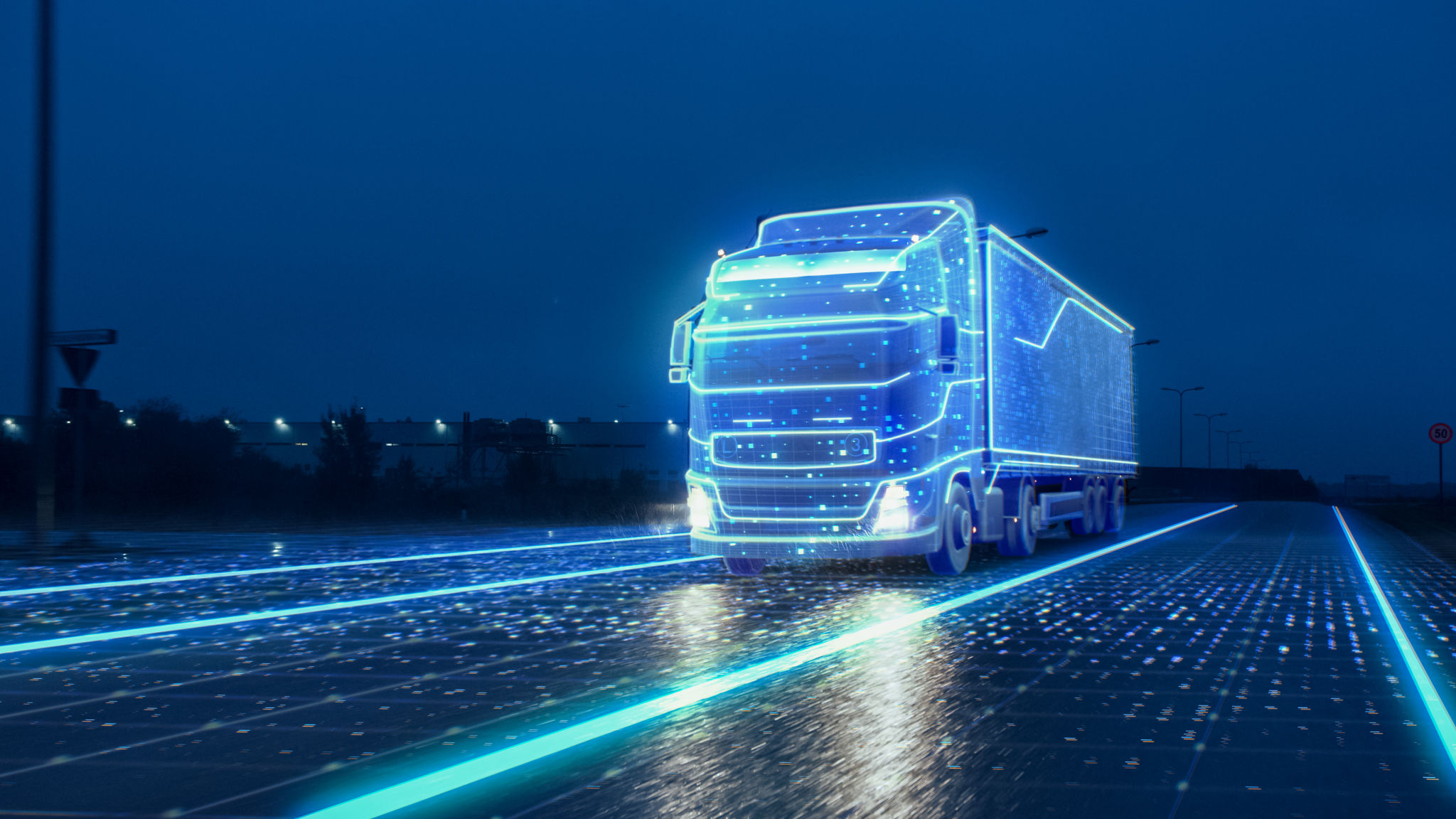Expert Advice: Navigating the Trucking Industry's Latest Trends
Understanding the Trucking Industry Landscape
The trucking industry plays a crucial role in the global economy, responsible for transporting goods across vast distances. However, it's an industry that is facing several challenges and transformations. Staying informed about the latest trends is essential for businesses and drivers alike to maintain a competitive edge. Here, we delve into the key developments shaping the future of trucking.

Technological Advancements
Technology is rapidly transforming the trucking industry. From telematics to advanced driver-assistance systems (ADAS), these innovations are enhancing efficiency and safety. Telematics involves using GPS and onboard diagnostics to monitor vehicle location and performance, helping companies optimize routes and reduce fuel consumption.
Meanwhile, ADAS features such as adaptive cruise control and lane-keeping assist are becoming increasingly common, aiding drivers in maintaining control and reducing accidents. Embracing these technologies can lead to significant cost savings and improved safety records.

Regulatory Changes
The trucking industry is subject to a complex web of regulations that are continually evolving. Recent changes include stricter emissions standards and revised hours-of-service (HOS) rules aimed at improving road safety and reducing environmental impact. Understanding these regulations is vital for compliance and avoiding costly penalties.
Additionally, new mandates for electronic logging devices (ELDs) have been introduced to ensure accurate tracking of driving hours, helping prevent driver fatigue and enhancing safety on the roads.

Shifting Market Demands
Market demands are continuously shifting, influenced by consumer expectations and economic conditions. The rise of e-commerce has led to increased demand for last-mile delivery services, pushing companies to adapt their operations to meet faster delivery times.
Furthermore, the growing emphasis on sustainability has led many businesses to seek eco-friendly transportation solutions. Trucking companies are exploring alternative fuels and electric vehicles to reduce their carbon footprint and align with customer values.
Addressing Driver Shortages
The trucking industry is grappling with a significant driver shortage, exacerbated by an aging workforce and challenges in attracting younger drivers. Companies are investing in recruitment strategies and offering competitive salaries and benefits to entice new drivers.
Moreover, initiatives aimed at improving work-life balance and providing better training opportunities are crucial for retaining talent. Building a positive company culture and emphasizing career growth can help mitigate this ongoing challenge.

The Future of Autonomous Trucks
Autonomous trucks have been a hot topic in recent years, promising to revolutionize logistics. While fully autonomous trucks are not yet commonplace, significant strides are being made in this area. Companies are conducting extensive testing to ensure safety and efficiency before widespread adoption.
The potential benefits include reduced labor costs, improved safety, and increased efficiency. However, regulatory hurdles and public perception remain obstacles that need to be addressed for autonomous trucks to become a reality.
Embracing Change for Success
Navigating the trucking industry's latest trends requires adaptability and foresight. Companies that embrace technological advancements, comply with regulations, adapt to market demands, address driver shortages, and prepare for autonomous vehicles stand to gain substantial advantages.
By staying informed and proactive, businesses can successfully navigate these changes and secure their place in the future of trucking.